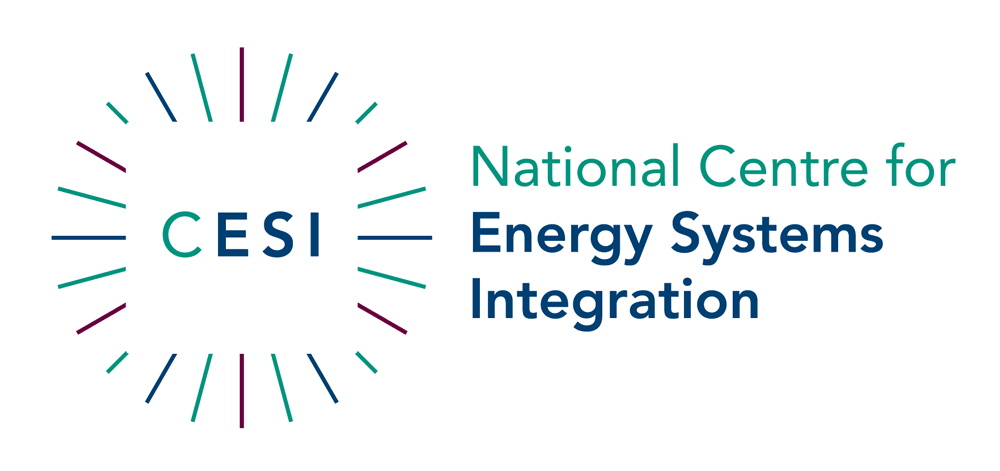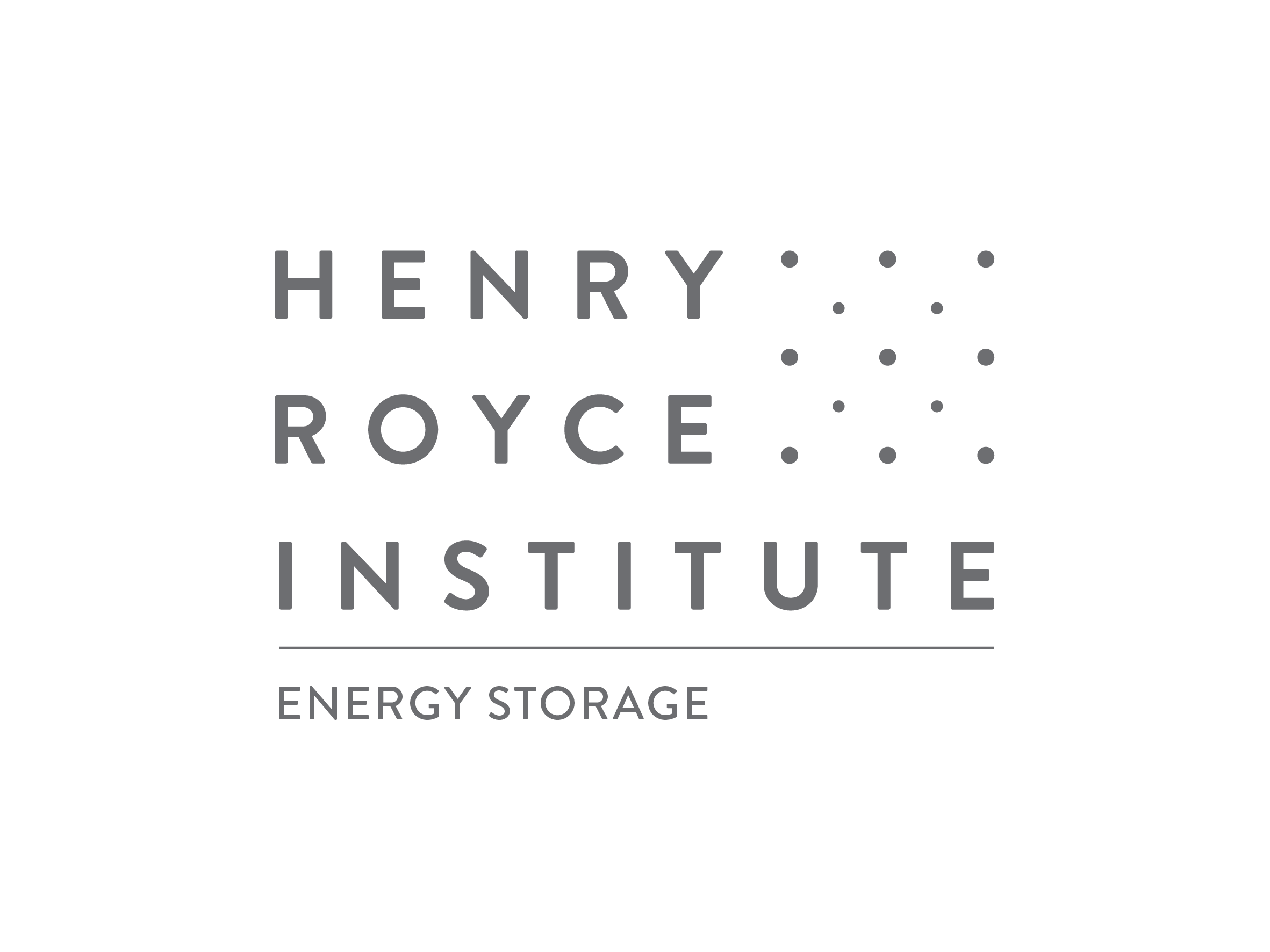Committee and Speakers
 Dr Elizabeth Gibson
Dr Elizabeth Gibson
- Reader in Energy Materials School of Natural and Environmental Sciences, Newcastle University
- Email: elizabeth.gibson@ncl.ac.uk
- Keynote Speaker and Science Board Member
Dr Elizabeth Gibson took up a lectureship at Newcastle in September 2014 and was promoted to Reader in 2018. Previously, she was awarded a Royal Society Dorothy Hodgkin Research Fellowship and a University of Nottingham Anne McLaren Research Fellowship 2010, having spent 3 years as a post-doc at the Centre for Molecular Devices, Uppsala University, Sweden, developing dye-sensitized solar cells. Elizabeth completed her PhD in 2007 at the University of York, supervised by Robin Perutz FRS and Anne-Kathrin Duhme-Klair.
Research in the Gibson group focuses on dye-sensitized photocathodes which offer new opportunities for converting sunlight into storable energy cheaply and sustainably. The group are developing dye-sensitized NiO cathodes for use in tandem dye-sensitized solar cells and for the photo-reduction of carbon dioxide or water to high energy products (solar fuels). Despite the infancy and complexity of this research area, we have brought about a number of exciting developments which have improved our understanding of the system and allowed us to substantially improve the photoconversion efficiency. Addressing the main limitations to p-type dye-sensitized solar cells, by improving the quality of the NiO electrodes, substituting the conventional triiodide/iodide electrolyte for more suitable alternatives and engineering new dyes specifically for the p-type system, has enabled us to substantially increase the efficiency of the device.
We are now developing this idea further using the lessons we have learnt from solar cells, to address the issue of solar fuel production. Here, the kinetic balance is even more critical and so we are simultaneously developing new methods to monitor the charge-transfer rates under conditions which are as close as possible to working devices. A particular challenge lies in slowing down charge recombination between the photoreduced dye and the oxidised NiO so that chemistry can take place.








